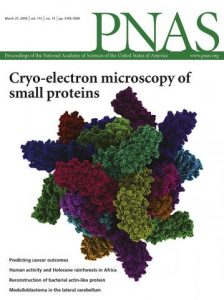The Supreme Court of Spain has ordered a literary scholar to pursue retractions of nine works it determined were plagiarized.
The Tribunal Supremo upheld a lower court’s ruling that narrative theory researcher Franciscó Álamo Felices, a professor at the University of Almería in Spain, plagiarized a colleague’s work in two books and seven articles. José R. Valles Calatrava, a literary theory professor at the same university, sued Felices in 2019 for infringement of his intellectual property rights.
That lower court found Felices responsible for “a huge amount of plagiarism at different times and in different articles, revealing a systematic and conscientious parasitic attitude and a desire for appropriation,” according to a translation of the ruling by DeepL Translate. In an October 2025 decision, the Tribunal Supremo dismissed an appeal by Felices against the ruling, finding he failed to demonstrate any fundamental errors of law.
Continue reading Spanish court rules researcher plagiarized colleague, orders withdrawal of works
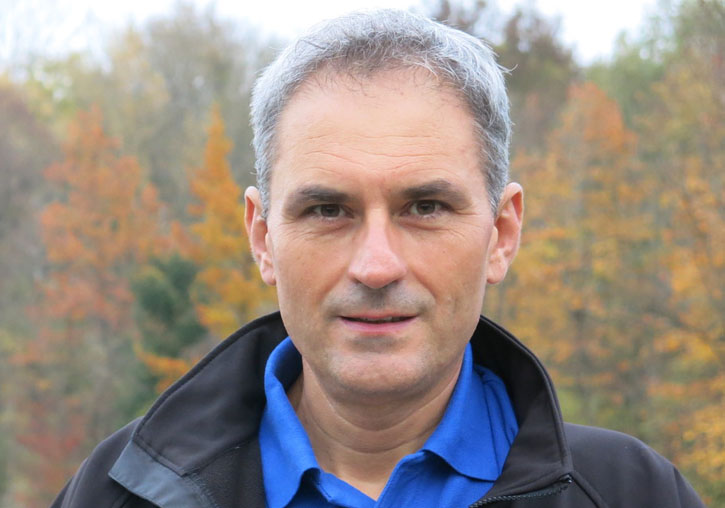
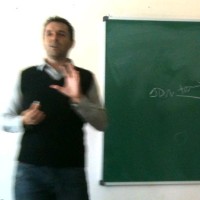
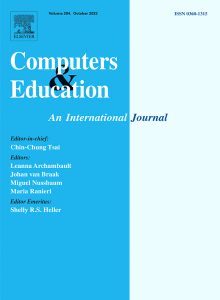


 Last year,
Last year,  A leading orthodontics journal has retracted 12 papers after determining that they contained either reused images, questionable data or both. Several of the articles involved experiments conducted in dogs — and one person familiar with the case told us that the duplication was an attempt to avoid sacrificing more animals than necessary for the research.
A leading orthodontics journal has retracted 12 papers after determining that they contained either reused images, questionable data or both. Several of the articles involved experiments conducted in dogs — and one person familiar with the case told us that the duplication was an attempt to avoid sacrificing more animals than necessary for the research. 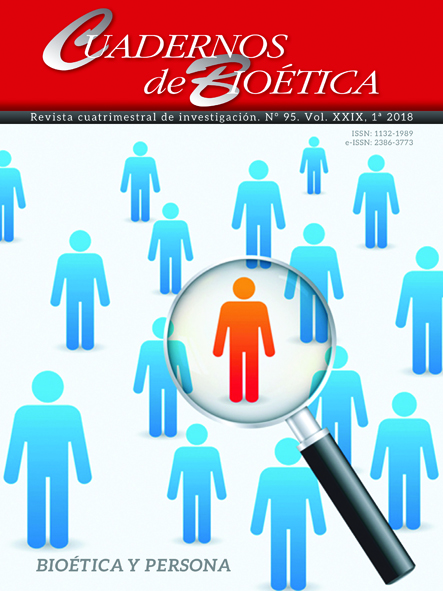 Here’s something we don’t see that often — authors retracting one of their articles because it included new data.
Here’s something we don’t see that often — authors retracting one of their articles because it included new data.